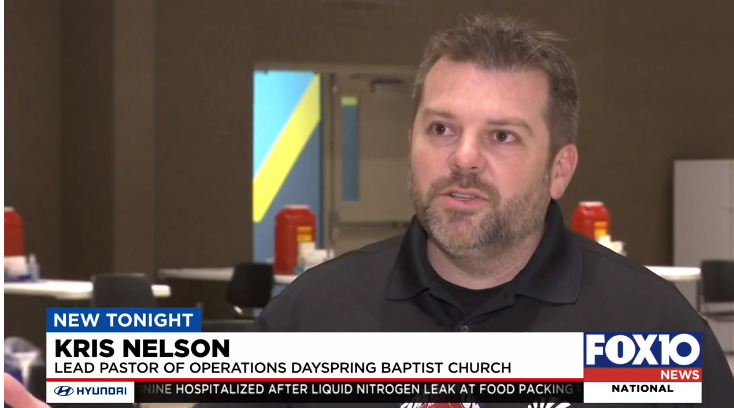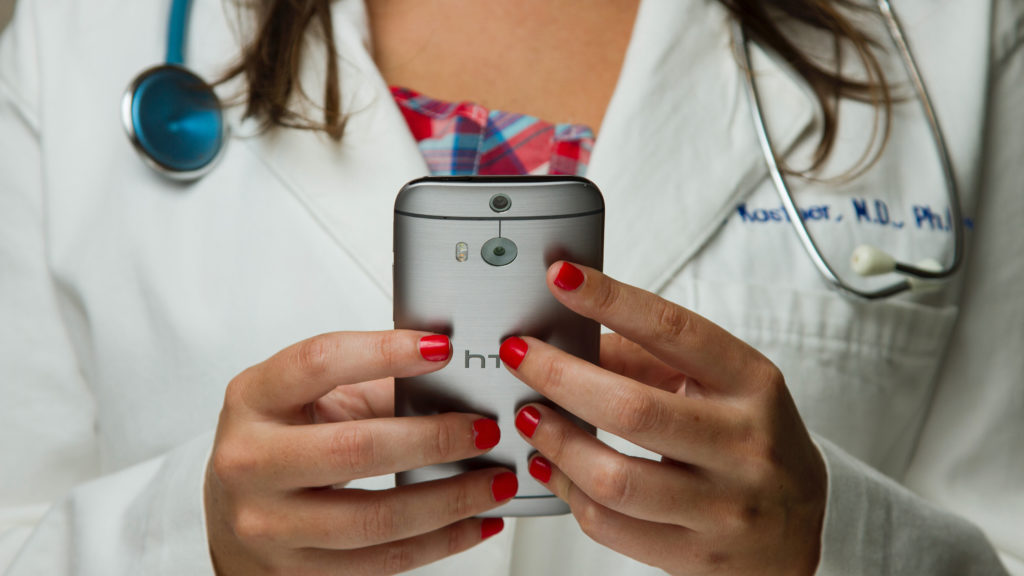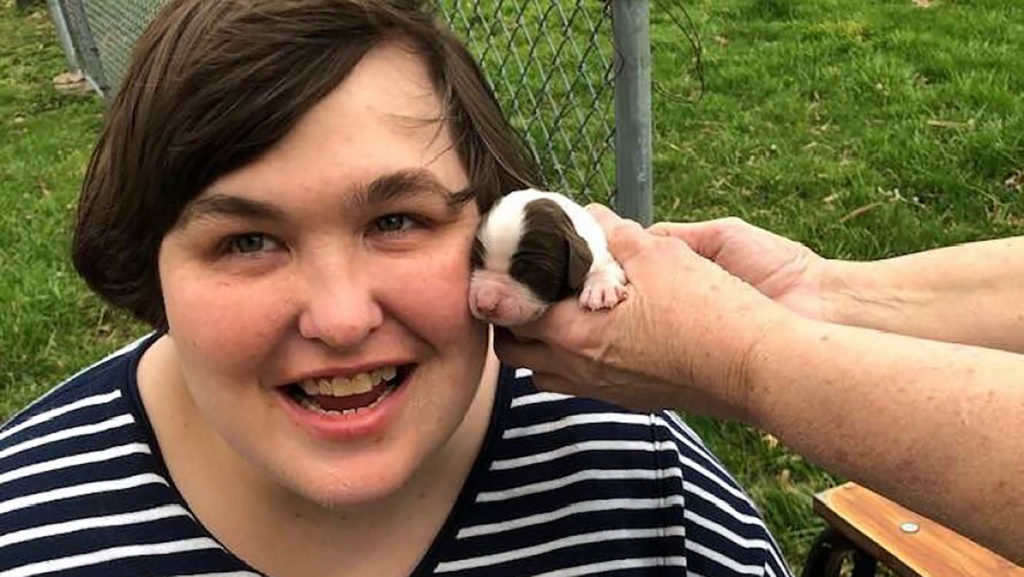COVID-19 vaccinations are being administered throughout Alabama, and some churches have been asked to help.
“It was really a kind of easy way that we could partner with them and to serve our community,” said Kris Nelson, lead pastor of operations of Dayspring Baptist Church, Mobile.
The church provided its lobby, worship space, fellowship hall and parking lot to Ascension Providence Hospital, located near the church. The first clinic was held Jan. 29; the hospital is hosting another clinic Feb. 8-9 (and possibly a partial day Feb. 10).
“They set it up as they needed to,” Henderson said, and “did all the registration, paperwork and vaccines. They were looking for a large space to be able to administer a large population of vaccines in a relatively short amount of time.”
Space to administer more vaccines
The hospital believed it could administer only 300 vaccines a day onsite, so administrators looked for other space. They thought hosting the clinic at Dayspring would allow them to give as many as 1,200 vaccinations per day.
While the number wasn’t quite that high, Nelson said, “it was an opportunity to provide something that they needed and … serve our community. They have a lot of vaccines, and they don’t do any good siting in their inventory.”
Dr. Jim Bush, director of physician practice operations at Ascension Medical Group Providence, said the first clinic “was very successful,” with 988 people receiving the vaccine.
“Patients had complimented us and the church,” Bush said. “It really couldn’t have gone better.”
Volunteering
Other churches could provide similar help to health officials in their communities, said Dr. Karen Landers of the Alabama Department of Public Health.
“Many churches are already identified to assist in times of disaster,” Landers said. Churches who are willing to help with vaccination clinics may contact their local health department or emergency management agencies to volunteer their space, she suggested. .
At Dayspring, Nelson said many of the church staff, as well as a few regular volunteers, greeted people as they entered and exited the church.
“All we did was open the front doors,” Nelson said. “They could have gotten by without us, but we still wanted to have a presence here and help out any way we could.”
One benefit of the church’s large campus was that vaccine administrators could easily monitor those who had received the vaccination for at least 15 minutes after the dose was given. Nelson said that since it was all done by appointments, that the people were only at the church about 30 minutes total.
While the church had not worked with the hospital in this capacity before, Nelson said another organization had hosted a senior fair with outside vendors. Many church members have ties to physicians through the hospital.
Changes
Dayspring now makes masks and social distancing part of the current reality.
“We have had to make quite a few adjustments over the last year like everybody else has,” Nelson said. “[COVID-19] has affected us on varying levels.”
In-person attendance has dropped. “We have significantly more people joining the online community and watching services online,” he said, noting that fewer people attend small groups and discipleship classes than prior to the pandemic.
Between March and June of 2020, the church was exclusively online or offered drive-in services.
Dayspring was one of first churches in the area to get an FM transmitter. The church loaned it to other churches to use.
“We tried to help out all we could,” he said. “We were fortunate enough to order one of those pretty quick and get it here.”
Church staff have tried to use various means to stay in contact with members.
While the church finished the year in a “much better place than we forecasted,” Nelson said, the church has experienced lower giving than prior to COVID-19.
‘God’s been faithful’
“All in all, we’ve been very … blessed,” he said. “God’s continued to be faithful.”
There have been ongoing baptisms as well as new members and guests.
“We just try to continue to be the church the best way we can,” he said.
Services at the church started in June 2020, while small groups met online.
The church has shifted attention to its online service because “more people are watching online than ever before,” Nelson said.
In October, small groups began meeting on campus again, “trying to navigate something that none of us had never seen before,” he said.
“At the end of the day, we’re just trying to keep people moving forward and give a little bit of truth and hope with the expectation that we long for the day that we get back together in community and in person.”






Share with others: